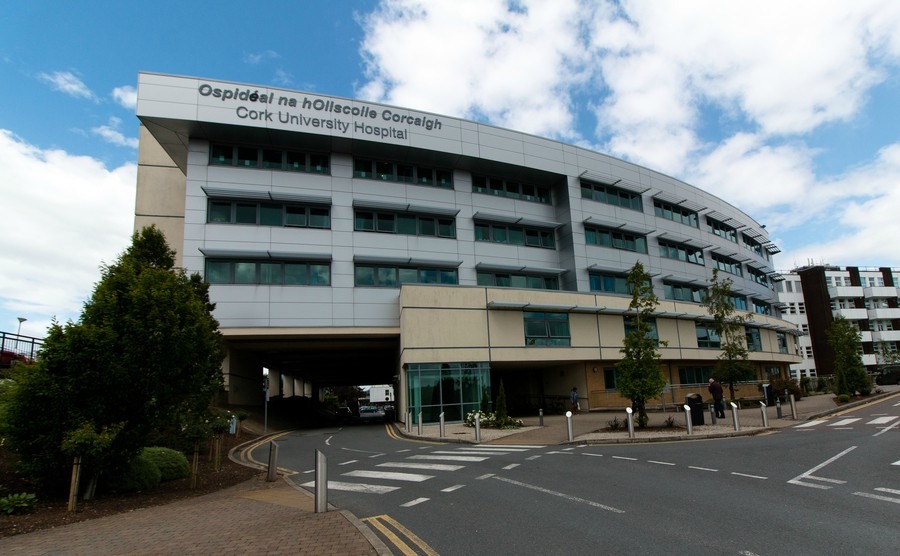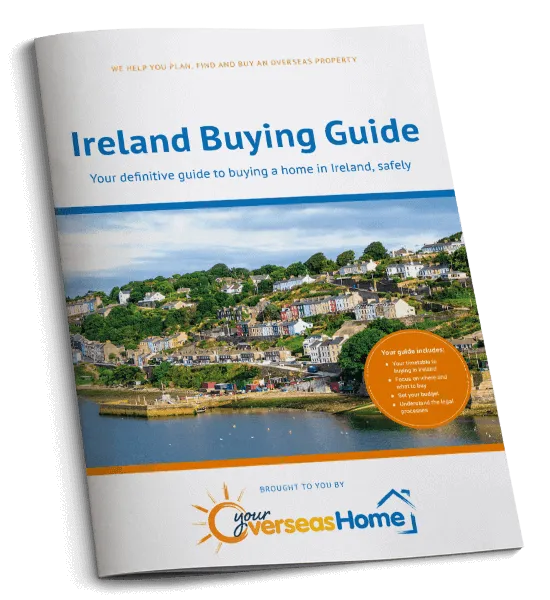Establishing whether you can access healthcare should be top of your list before you emigrate to Ireland. Today the Ireland Property Guide answers all your questions about how to access the public system and how much it’s likely to set you back.
Before you get carried away looking for properties in West Cork and seeking quotes to move all of your belongings, you need to consider one important factor – whether you’ll be able to access the healthcare that you require in Ireland. There’s little point planning a lifestyle move to the Emerald Isle if you won’t be able to care for your health when you’re there. Fortunately accessing Ireland’s public healthcare system is relatively easy.
Life expectancy for Irish women is 83, and 81 for men – one year higher than the OECD average of 80 years.
How good is healthcare in Ireland?
You’ll be pleased to hear that the Irish health system is very good. The OECD Better Life Index has awarded Ireland a score of 8.9, meaning it has the 8th best healthcare system among the world’s leading powers, while the UK was down in 14th, with 8.1. Life expectancy for Irish women is 83, and 81 for men – one year higher than the OECD average of 80 years.

A new healthy lifestyle awaits in Ireland
Accessing Ireland’s healthcare system
If you have secured resident status in Ireland, you will be entitled to access the country’s public healthcare system, which is funded via general taxation. This doesn’t mean that all treatment is free of charge – you may be required to pay a subsidised fee depending on your income, age and whether you are suffering from an illness or have a disability. Maternity and neonatal care is completely free of charge, but only until the child is six months of age. Should you require emergency care, be prepared for a fee of €100 (£89) simply for a visit to any Accident and Emergency Department.
Before you can access the system, you will need to apply to the Health Service Executive for your Irish medical card. They will determine whether you are Category 1, which means you are ‘fully eligible’ to access a range of services and medication completely free of charge. This is means tested, and is typically only granted to those on a low income, or with a disability of some kind that prevents them from working. At present, only around 30% of the Irish population are deemed fully eligible. Category 2 is classified as ‘limited eligibility’, which grants you access to a large number of services either free of charge or at a low cost. It is also possible to secure a GP Visit card, which allows those on a low income to qualify for free visits to the GP.
Will I have to pay to visit my GP?
Unless you have a GP Visit card, yes! The cost of GP appointments varies depending on where you are in Ireland. There are no standard fees in place so always confirm your GP charges when you register. You can expect to pay between €30 and €65 (£26-57) for a GP visit, and as much as €25 (£22) for a repeat prescription.
Prescription drugs and medical appliances are available to all citizens and residents at a reduced cost or completely free of charge. Ireland’s Drug Payment Scheme guarantees that no household will have to pay more than €144 (£127) per calendar month for a month’s supply of prescribed drugs, medicine and medical appliances. If you secure a medical card or are suffering from a long-term illness, you will not have to pay at all.
Many expats making the move to Ireland choose to take out private medical insurance to cover any additional costs.
How much will private health insurance cost?
Many expats making the move to Ireland choose to take out private medical insurance to cover any additional costs. The main companies offering private health insurance policies are Vhi Healthcare (part-owned by the Irish government), Aviva and Laya Healthcare.

Cork University Hospital. Irish healthcare is high standard (hagut / Shutterstock.com)
If you want to compare Irish health insurance policies you can visit the website of The Health Insurance Authority, as they are the statutory regulator of the Irish health insurance industry. Be warned – the website’s set up is a little confusing!
We looked at the cost of a policy for a 50-55 year old, non-smoker, in good health in Ireland and found that policies range from €80-94 (£70-83) per month.

The Ireland Buying Guide takes you through each stage of the property buying process, with practical recommendations from our experts who have been through the process themselves. The guide will help you to:






